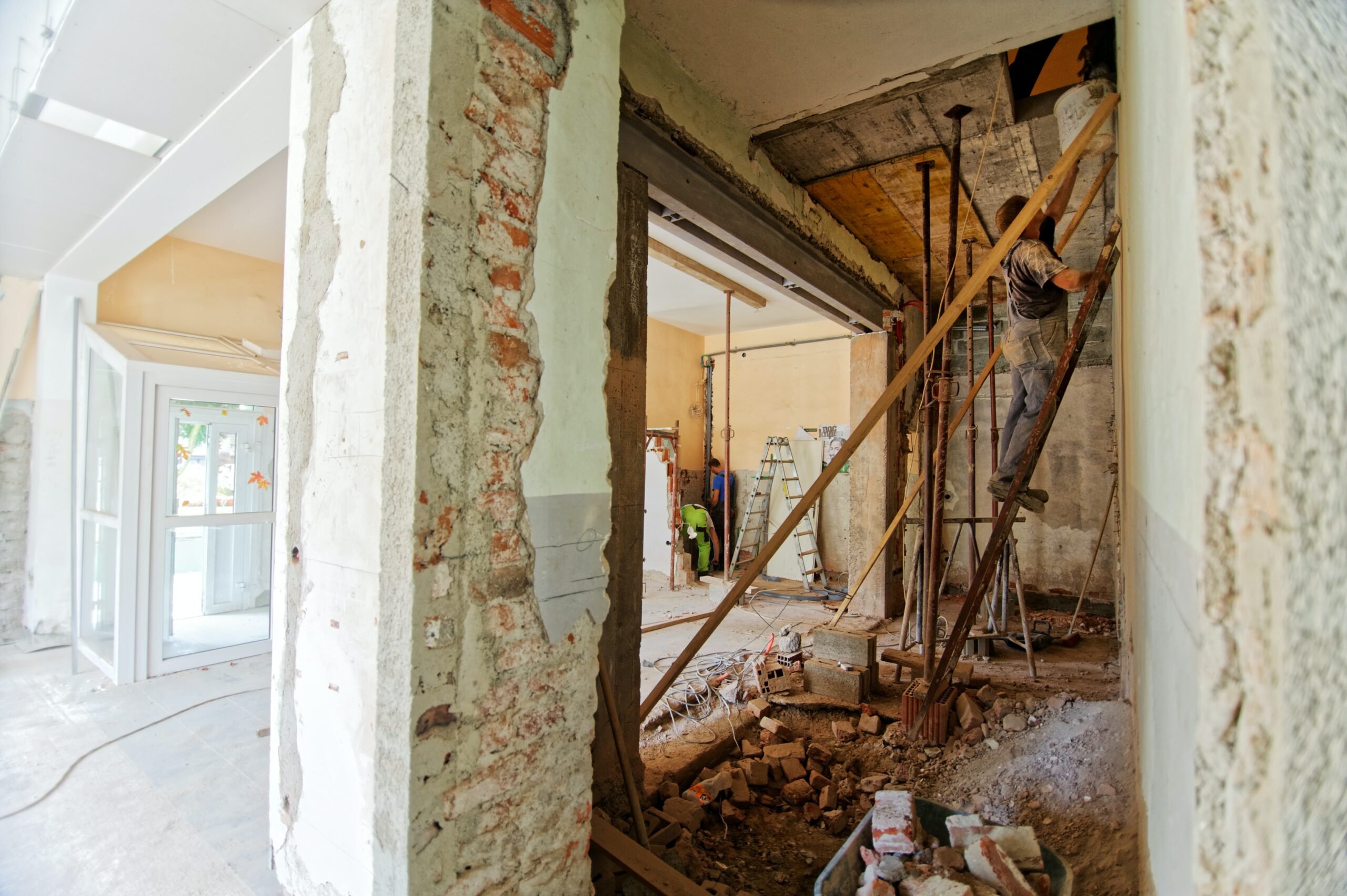The Residential Tenancy Act: Renovictions Got a Lot Harder for Landlords
Note: This article does not contain legal advice about tenancy policies. If you would like advice on your specific situation, please contact Spraggs Law.
As of July 1, 2021, a new process has been set in place that requires a landlord to apply and obtain approval from the Residential Tenancy Board when seeking to end tenancy for renovations.
Updates to the Residential Tenancy Act
The new section of the Residential Tenancy Act is section 49.2 which states:
…a landlord may make an application for dispute resolution requesting an order ending a tenancy, and an order granting the landlord possession of the rental unit, if all of the following apply:
(a) the landlord intends in good faith to renovate or repair the rental unit and has all the necessary permits and approvals required by law to carry out the renovations or repairs;
(b) the renovations or repairs require the rental unit to be vacant;
(c) the renovations or repairs are necessary to prolong or sustain the use of the rental unit or the building in which the rental unit is located;
(d) the only reasonable way to achieve the necessary vacancy is to end the tenancy agreement.
Residential Tenancy Policy Guidelines
According to the Residential Tenancy Policy Guideline, permits and approvals required by law can include:
- demolition, building or electrical permits issued by a municipal or provincial authority;
- a change in zoning required by a municipality to convert the rental unit to a non-residential use; or
- a permit or license required to use it for a new purpose.
In cases where permits are not required for the renovations or repairs, a landlord must provide evidence such as written confirmation from a municipal or provincial authority stating permits are not required or a report from a qualified engineer or certified tradesperson confirming permits are not required.
Not all renovations require vacant possession, renovations have to be of significant nature; a simple renovation of a bathroom would not suffice. If the repairs and renovations can be completed within 45 days, and the tenant makes alternative arrangements for living during that time period, the guideline indicates that the tenancy agreement may continue post-renovation and the tenant may move back in.
The bottom line? The above noted changes place a heavy burden on a landlord to justify their notice to evict for renovation purposes. If you are preparing an application to evict, or have received a dispute notice from a landlord, consulting with a lawyer with expertise may assist in preparing a strong application or defence and better knowing your obligations and rights.
Do You Need Help With a Legal Issue? Contact the Team at Spraggs Law Today
Do you need help with a legal issue? Spraggs Law can help. Give us a call at 604-359-1627 for a free consultation to discuss how we can offer personalized assistance based on your circumstances.
